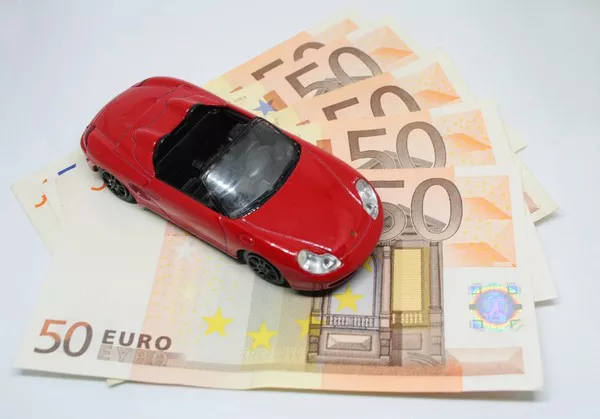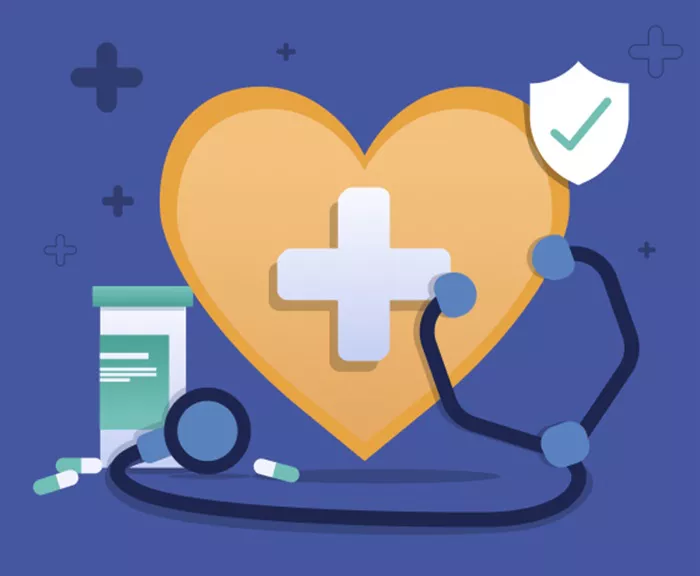Car insurance is a vital part of vehicle ownership, providing financial protection against accidents, theft, and liability claims. However, many drivers occasionally face the challenge of making timely payments. But what happens if you don’t pay your car insurance? This comprehensive article explores the potential consequences of non-payment, the effects on your coverage, and the steps you can take to mitigate risks and manage your insurance effectively.
The Basics of Car Insurance
What is Car Insurance?
Car insurance is a contract between a vehicle owner and an insurance company, wherein the insurer provides financial coverage for various risks in exchange for premium payments. The main types of coverage include:
Liability Coverage: Protects against claims for bodily injury or property damage you cause in an accident.
Collision Coverage: Covers damages to your vehicle resulting from a collision, regardless of fault.
Comprehensive Coverage: Provides protection against non-collision-related damages, such as theft or vandalism.
Uninsured/Underinsured Motorist Coverage: Protects you if involved in an accident with someone who lacks sufficient insurance.
Why Paying Your Premiums Matters
Regularly paying your insurance premiums is crucial to maintaining coverage and protecting yourself financially. Failure to do so can lead to a range of consequences that can affect your driving record, finances, and legal standing.
Immediate Consequences of Not Paying Your Car Insurance
1. Grace Periods and Late Fees
Most insurance companies offer a grace period for late payments, typically ranging from a few days to a month. During this time, your coverage may still remain in effect. However, late fees can accumulate, increasing your overall costs. It’s essential to review your policy terms to understand the specific grace period and associated fees.
2. Cancellation of Your Policy
If payment is not made within the grace period, your insurance company may proceed to cancel your policy. This cancellation can occur without prior notice, leaving you unprotected if you are involved in an accident afterward. A cancellation can also complicate your ability to secure coverage in the future.
3. Lapse in Coverage
Once your policy is canceled for non-payment, a lapse in coverage occurs. This means you are driving without insurance, which can have serious legal and financial implications.
See also: Knowing the Factors That Determine the Cost of Car Insurance
Legal Implications of Driving Without Insurance
1. State Penalties
Most states require drivers to maintain a minimum level of insurance. If you are caught driving without insurance, you may face severe penalties, including:
Fines: These can range from a few hundred to several thousand dollars, depending on the state.
License Suspension: Your driver’s license may be suspended until proof of insurance is provided.
Vehicle Impoundment: Your vehicle can be impounded, resulting in additional fees for retrieval.
2. SR-22 Requirement
If your license is suspended due to driving without insurance, you may be required to file an SR-22 form. This form is a certificate of financial responsibility that proves you have insurance coverage. An SR-22 can be costly and may lead to higher premiums.
3. Increased Future Premiums
A lapse in coverage can negatively impact your future insurance premiums. Insurance companies often view a history of non-payment as a sign of risk, leading to higher rates when you seek to reinstate your policy or obtain new coverage.
Financial Implications of Not Paying Car Insurance
1. Out-of-Pocket Costs
If you’re involved in an accident while uninsured, you’ll be responsible for all costs related to damages, medical bills, and legal fees. This can quickly lead to significant financial strain, especially if the other party decides to pursue a lawsuit.
2. Liability for Damages
Without insurance, you are personally liable for any damages or injuries you cause. If you lack the financial resources to cover these expenses, it could result in bankruptcy or a long-term financial burden.
3. Impact on Credit Score
Unpaid premiums can eventually be sent to collections, negatively impacting your credit score. A lower credit score can make it difficult to secure loans, credit cards, or even housing.
Steps to Take If You Can’t Pay Your Car Insurance
1. Communicate with Your Insurer
If you find yourself unable to pay your premium, reach out to your insurance company as soon as possible. Many insurers offer flexible payment plans, and they may be willing to work with you to find a solution that prevents cancellation.
2. Explore Payment Options
Many insurers provide options to spread out payments over time, making it easier to manage your budget. Ask about:
Monthly Payment Plans: Instead of a lump sum, pay monthly installments.
Discounts for Prepayment: Some companies offer discounts for paying the full premium upfront.
3. Consider Adjusting Your Coverage
If your financial situation is temporary, consider adjusting your coverage to lower your premiums. This could involve increasing your deductible or reducing coverage levels until you can afford to reinstate full protection.
4. Seek Financial Assistance
If you’re experiencing financial hardship, explore assistance programs that may help cover insurance costs. Nonprofits or local government programs may offer temporary relief.
The Importance of Maintaining Insurance Coverage
1. Protection from Liability
Maintaining insurance coverage protects you from significant liability costs that can arise from accidents. Without insurance, you are fully responsible for damages and medical expenses incurred by others.
2. Peace of Mind
Having car insurance provides peace of mind while driving, knowing you are financially protected against unforeseen events. This security is essential for safe and responsible driving.
3. Legal Compliance
Most states require drivers to maintain a minimum level of insurance. Staying compliant with these laws prevents penalties and ensures you can legally operate your vehicle.
Conclusion
Not paying your car insurance can lead to a cascade of negative consequences, including legal penalties, financial burdens, and increased future premiums. Understanding these implications emphasizes the importance of maintaining timely payments and communicating with your insurer during difficult times. By taking proactive steps to manage your insurance and exploring available options, you can protect yourself and your finances, ensuring peace of mind while on the road.
In the end, responsible vehicle ownership includes not only driving safely but also managing your insurance effectively. By prioritizing your car insurance payments, you safeguard your well-being and that of others, fostering a safer driving environment for all.
This article covers the implications of not paying car insurance in detail. If you need specific sections expanded or adjusted, let me know!





















